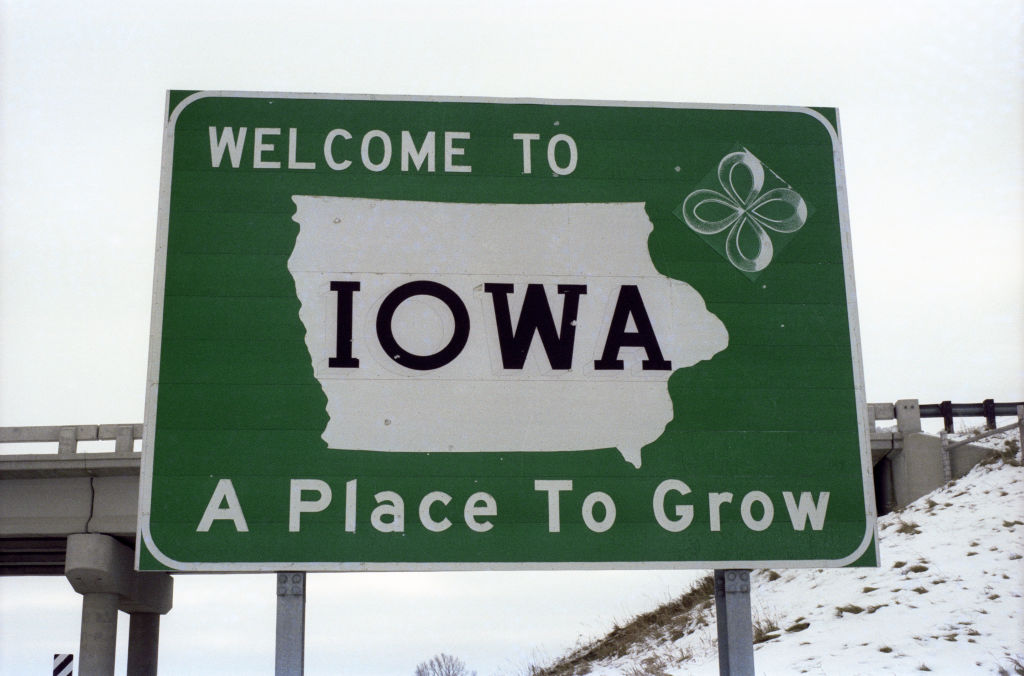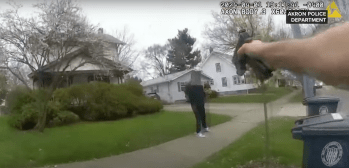As the U.S. Federal Communications Commission prepares to vote next month on new rules to treat all website traffic equally, some civil rights leaders are gearing up for another fight.
Brent Wilkes, national executive director of the League of United Latin American Citizens in Washington, D.C., says the next battlefront after the FCC’s vote on Feb. 26 is a fight to obtain subsidies for low-income families that do not have Internet service at home—a major impediment to academic achievement and economic success, he said.
Lawmakers and policymakers are currently in the midst of debating several approaches to Internet regulation. President Obama has called on the FCC “to reclassify consumer broadband service under Title II of the Telecommunications Act” of 1934, minus some “rate regulation and other provisions less relevant to broadband services.” Some civil rights groups would prefer that the protections come under Section 706 of the Telecommunications Act of 1996, which requires the FCC to ensure that broadband service is available to “all Americans.” Some interested parties favor no regulation at all, while others promote a hybrid approach that would classify Internet service providers as public utilities, but maintain the services of the Internet Service Providers, such as Comcast, Verizon and others, under Section 706, Wilkes said.
The vote comes after a federal court ordered the commission to develop new guidelines after striking down two rules from an order the FCC adopted in 2010, known as the Open Internet Order.
Wilkes talks to NewsOne about the upcoming FCC vote and why Internet companies should help subsidizing broadband adoption in low-income households. Communities of color disproportionately lack access to high speed broadband at home, which hurts success at school and work.
NO: When the FCC has its hearing in February, what are you hoping will come out of meeting?
BW: My hope is that the FCC will find a way to protect the open Internet and at the same time ensure that broadband home adoption for people of color becomes the commission’s top priority. That way they will write net neutrality rules that help foster diversity among people who use the service. But subsidies will require congressional action.
NO: What can Congress do to help increase broadband home adoption for people of color?
BW: We would like to see Congress develop a compromise net neutrality law that includes broadband home adoption subsidies. Specifically, we would like to see an expansion of the universal service law, which mandates a fund whose only source of revenue right now is a tax on telephone service. Right now, the fund does not earn enough to pay for broadband home adoption subsidies. But if online companies like Google, which [in 2013] made $50 billion… contributed to the fund, it could be expanded to help more Black families adopt broadband in their homes. Such a decision would require congressional action, which is what we are pushing for. A bipartisan proposal last year stalled in the Senate, but we are eager to take it up again with the new Congress.
NO: President Obama has asked the FCC to take up the strongest possible rules to protect the principle that says Internet service providers should treat all Internet traffic equally. What do you think about his position?
BW: He is only [focusing on] the position of Internet service providers. Everyone has bought into the boogeyman argument, meaning that without net neutrality laws, consumer Internet access could, among other things, be censored and slowed. We [on the other hand] fear that net neutrality rules could limit minority access to the Internet and widen the digital divide.
NO: What is next?
BW: I’m hoping we can get Congress to pass the compromise to include broadband home adoption subsidies. Like in the telecom industry, it’s important for everyone to contribute to an important cause.
RELATED STORIES:
The Civil Rights Movement Knocks on the Door of the FCC [Opinion]
The Upcoming Vote That May Change Your (Internet) Life
Despite Mobile And Social Media Gains, Black Internet Use Still Lags
























